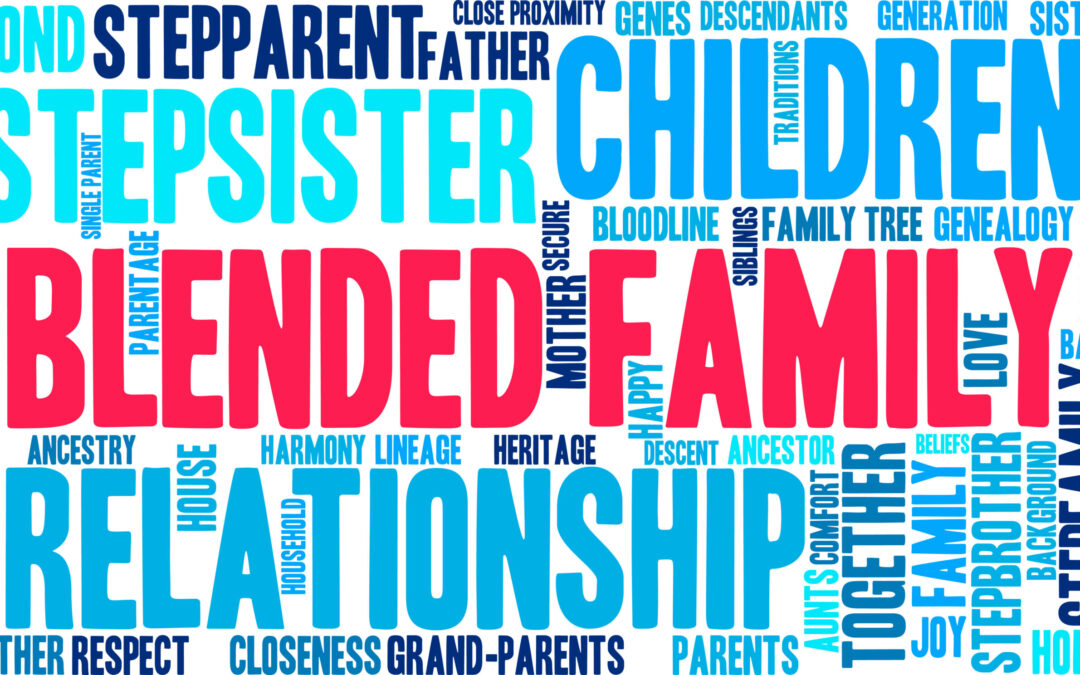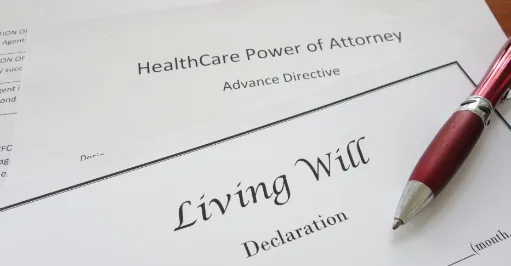Limited liability companies, or LLCs, are used in estate planning to achieve estate tax savings and consolidate asset management, according to a recent article, “Estate Planning With Limited Liability Companies: Transfers of Business Interests as a Planning Opportunity,” from The National Law Review.
In many cases, the LLC is used as a business entity to facilitate gifting or transfers to children, often at discounted values, reducing the value of the donor’s assets, ultimately subject to gift and estate taxation. There are also non-tax benefits, as a properly structured LLC insulates owners from liability and provides an organizational control mechanism.
As a “manager-managed” entity, the management functions and authority over the LLC rests in designated or elected managers, as opposed to owners, also known as “members.” Separating management from ownership transfers some of the asset’s economic benefits while retaining control over operations. Limiting managerial or voting rights also justifies using valuation discounts for the membership interests who lack control over the company, presenting a tax-planning opportunity.
An LLC offers several benefits:
- A streamlined method of transferring ownership
- Creating a structure for centralized management, control, and succession
- Preserving family ownership through rights of purchase and first refusal
- Establishing procedures to resolve internal family disputes
- Gaining protection of LLC assets from claims asserted against owners
- Gaining protection of owner assets from claims asserted against the LLC
Significant tax savings can be achieved through lifetime gifts of LLC interests because of valuation discounting and removing future appreciation from the donor’s estate. In addition, if transfers are made to trusts for the children, it may be possible to achieve even further benefits, including increased protection against lawsuits, dissolving marriages, and future estate taxes.
These are complex transactions requiring the knowledge of an experienced estate planning attorney and careful vetting by tax advisors. One downside to lifetime gifting: unlike assets passing as part of an estate, gifted assets do not receive a basis adjustment for income tax purposes at the time of the donor’s death. Another downside is that the donor generally cannot benefit economically from the assets after they are transferred. However, if the donor is concerned about divesting themselves of the transferred assets and the income, the transfer could be structured as a sale rather than a gift to provide increased cash flow back to the transferor.
A final note: if the LLC is not operated consistently with the entity’s non-tax business purposes, it may be vulnerable to attack by the IRS or third parties, undermining its benefits for estate tax planning and limited liability protection. The entity must be managed to support its valid business purpose as a legitimate enterprise.
Reference: The National Law Review (May 19, 2023) “Estate Planning With Limited Liability Companies: Transfers of Business Interests as a Planning Opportunity”






